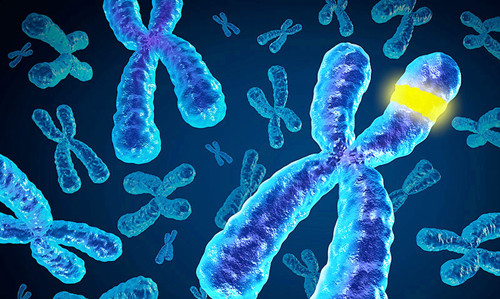Scientists discover 27 genes that could halt cancer
November 2, 2017
Source: medicalnewstoday
 931
931

The discovery of these genes could open the door to much-needed personalized treatments for cancer, say the researchers.
First study author Jonas Demeulemeester, of the Francis Crick Institute in the United Kingdom, and colleagues recently reported their findings in the journal Nature Communications.
Cancer arises when cells grow and divide uncontrollably, forming tumors.
Human cells normally contain two copies of tumor suppressor genes, which work to prevent tumor formation by slowing down cell division and growth. When these genes are deleted — through genetic mutations, for example — this gives rise to cancer development.
As a general rule, in order for tumors to form, both copies of the tumor suppressor genes must be malfunctioning in a cell. This is because a single functioning tumor suppressor gene can still produce the proteins needed to decelerate cell division and growth.
But the researchers note that identifying these double-gene abnormalities is challenging. One problem is that tumors often contain a mix of healthy and cancerous cells in varying proportions, making it difficult to determine whether one or two tumor suppressor genes are missing in cancer cells.
They have created a statistical model — which utilizes single nucleotide polymorphism analysis — that could help to overcome such problems. So far, it has helped them to identify an array of new tumor suppressor genes.
By DduRead more on
- Things to Know before Buying Newborn Baby Incubators March 31, 2022
- CRUK researchers develop new early-stage rectal cancer treatment December 12, 2020
- Highly Resistant Food Poisoning Bug Responds to Antibiotics September 6, 2018
- Smartphone Based Diagnosis to Identify Mosquitoes Transmitting Infection September 5, 2018
- 3 Natural Plant Extracts Manufacturers on Drugdu.com September 4, 2018
your submission has already been received.
OK
Subscribe
Please enter a valid Email address!
Submit
The most relevant industry news & insight will be sent to you every two weeks.



